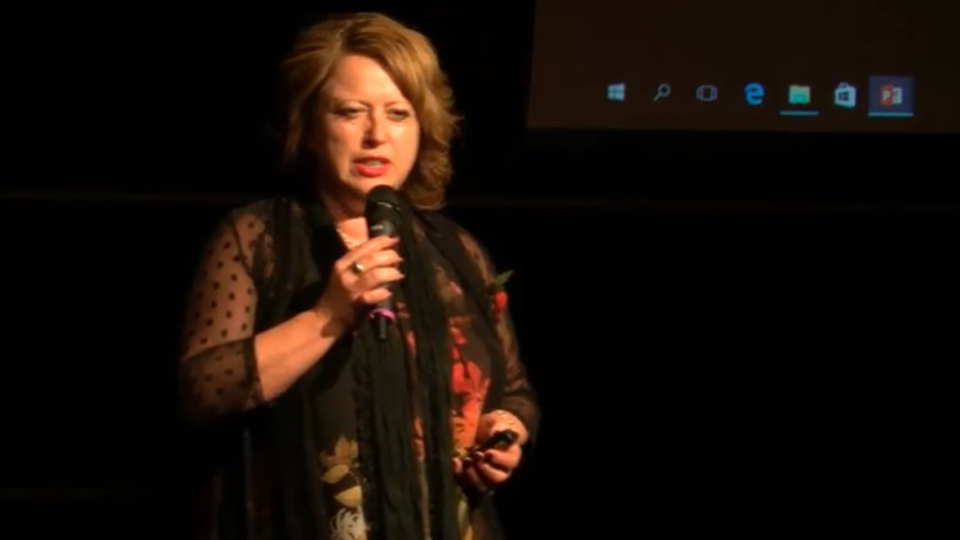Reflective Goal Setting
Improving development and performance across organisations worldwide
Leaders’ personal and soft skills have an important bearing on organisational success as well as employee performance and wellbeing.
However, honing and implementing these capabilities – particularly interpersonal skills – can be difficult.
Since 2014, our Reflective Goal Setting (RGS) model has positively impacted the development of approximately 500 managers, leaders and professionals from a range of organisations, including NMCN, Renault, Microsoft, Leeds Teaching Hospital, Building Societies Association and Eurofins.
It has also been delivered to more than 1,000 students with positive effects on their academic performance and subsequent career success.
Our impact
Widespread take-up – and achievement
- NMCN has used RGS extensively since 2018 – resulting in greater efficiency and safer behaviours.
- 52 software developers from 10 companies, including Microsoft, used RGS – 80% reported productive behaviour changes.
- Eurofins successfully used RGS to reduce task backlog in its Quality Assurance team – enhancing efficiency and improving morale.
- RGS helped to improve safety and patient care at Leeds Teaching Hospital NHS Trust.
- The Building Societies Association reported improved manager performance skills and outcomes following bespoke RGS training.
- An independent evaluator of the University’s Professional Education reported that 85% of participants felt they could achieve their goals thanks to the programmes’ RGS component.
Award-winning
- US Academy of Management for the Management Education Division – Award for Most Innovative Contribution to Management Education 2014.
- British Psychological Society Division of Occupational Psychology – Award for Academic Contribution to Practice 2017.
The research
Building on traditional goal setting approaches, Travers developed the five-stage Reflective Goal Setting model, uniquely introducing two significant components – the focused setting and writing of goals, and extensive ongoing written reflection.
The method underpins Travers’ innovative teaching programme to enhance interpersonal skills for effectiveness and well-being in leadership, management and learning.
RGS identifies important nuances in the way that goal setting works for different people, supporting personal and professional growth across a range of learning styles.
Travers has noted the generalisability of the RGS process – creating goal setting propensity: achievement and benefits beyond the set goals.
RGS continues to develop and has a demonstrably powerful impact on leaders’ crucial management skills.
I think that the work of Cheryl Travers is very exciting...the fact that if you write about certain goals, you may get benefits, whether or not they are directly tied to one of the goals you wrote down.

